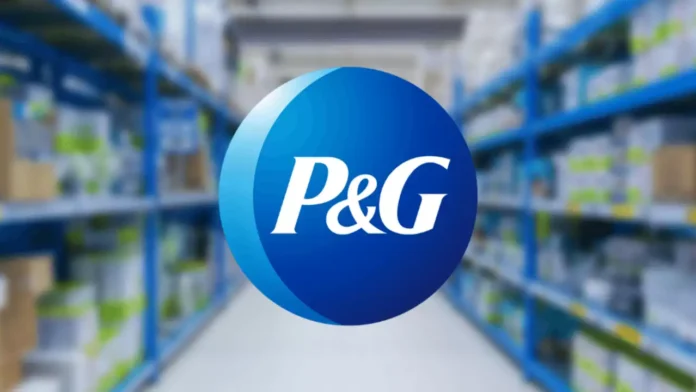Procter & Gamble (P&G), the world’s largest consumer goods manufacturer, has enlisted the expertise of management consultancy firm McKinsey & Co to initiate a significant reorganization of its operations. The objective is to enhance agility and expedite growth, with India being one of the initial pilot markets for this strategic plan, as reported by ET.
In India, P&G’s operations are presently structured into four entities: P&G Health, Gillette (focused on shaving products), P&G Health & Hygiene, and P&G Home Products.
The company is considering the potential adoption of a streamlined operating structure that merges portfolios and integrates the robustness of the supply chain with a more efficient cost structure. This internal decision was communicated last Thursday.
P&G’s global CEO, Joe Moeller, has been actively working to reshape the company’s organizational structure in alignment with an “integrated growth strategy.” The restructuring aims to streamline daily decision-making processes, with a focus on embracing constructive disruption—a global theme that executives have emphasized as a top priority.
The restructuring initiative will include evaluating technology to enhance operational efficiency, particularly within the supply chain and technology domains. As an example, the company may explore the democratization of data, enabling broader access across functions and organizations rather than limiting it to specific teams and departments.
“Learning and exploring ways to deliver better outcomes is something we do every day at P&G. This effort is no different. We are squarely focused on accelerating growth and value creation in service to consumers, customers, employees, society and shareholders,” said a P&G spokesperson.
The manufacturer of well-known brands like Whisper, Vicks, Gillette, Oral-B, Tide, and Pantene has recently heightened its dedication. This strategy involves upholding a strong brand portfolio and fostering excellence, efficiency, and positive disruption across the entire value chain. On a global scale, P&G has streamlined its involvement, narrowing down to 10 product categories from 16 and reducing the number of brands from 170 to 65.
In the fiscal year 2022-23, the consumer goods manufacturer based in Cincinnati, USA, touched the $2-billion sales mark in India, more than three decades after its entry into the country. According to two executives familiar with the development, the goal is to explore how technology and human resources can facilitate growth and expedite reaching the next billion marks, aligning with the mandates for both the parent firm and its Indian business.
Continue Exploring: P&G reports strong sales growth amidst challenges; nears $2-Billion mark in India
In the Indian market, P&G competes primarily with Hindustan Unilever (HUL), the local unit of Unilever, which is nearly four times its size. Despite being the market leader, HUL dominates over half of the market share in sanitary napkins and shaving razors, consistently expanding its presence in these segments. The company disclosed sales amounting to INR 16,089 crore and a net profit of INR 1,682 crore across its four Indian entities.
Over the last two decades, P&G has invested approximately INR 20,000 crore in its operations in the country, solidifying its position as one of the top ten global markets for the company. McKinsey has been enlisted to oversee its worldwide operations, focusing on fostering synergies and charting growth trajectories across various countries.





